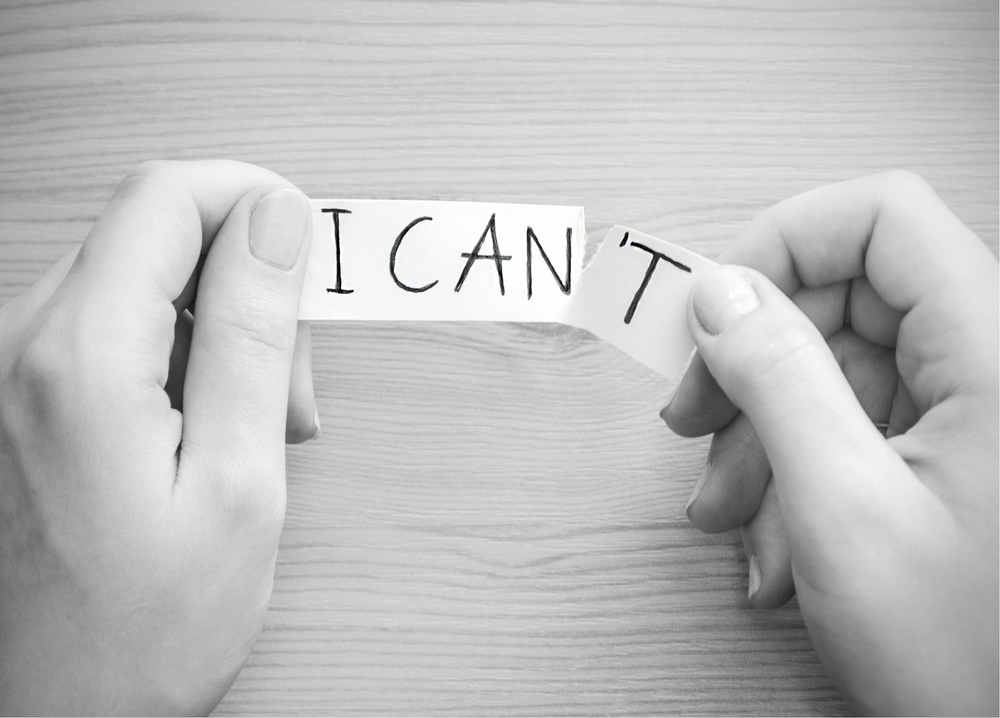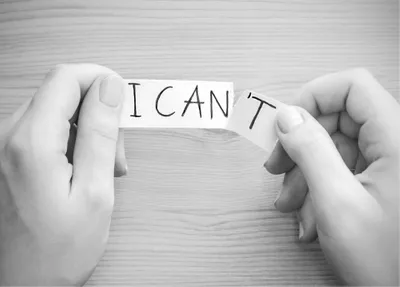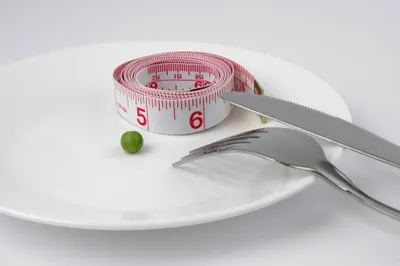I, like many people out there, used to tell myself that I’d be happier, more successful, more confident, and more in love…if I just lost weight. Even though my former mode of thinking seems unreasonable today, many people get caught up in the myth that losing X amount of pounds will fix every problem in our lives—our personal relationships, career, self-esteem, finances, and more!
While losing a bit of weight may help some folks improve overall health and wellness and translate to better sleep, better mood, and more energy—weight loss is not the answer to everything, nor the key to happiness. Here are six life aspects that weight loss won’t fix…
Myth 1: Thinner People are Happier
The myth that thinner people are happier is an utter fantasy, according to Massachusetts-based Clinical Psychologist, Dr. Terese Weinstein Katz, who’s worked with patients dealing with binge eating, anorexia, and bulimia for over 20-years.
In her book, Eat Sanely: Get Off The Diet Roller Coaster For Good, Dr. Katz explains that while losing weight might improve your overall health (including some boost to energy and mood) and give you a sense of invincibility at the start—it won’t fix every negative thing in your life—and that can come with major disillusionment and disappointment.
Myth 2: Weight and Depression Are Linked
It’s true that many people put off important aspects of their life…until after they lose weight. For example, buying new clothes, going to the beach, or dating may be all dependent on losing weight, which can understandably, put a damper on life improvement and self-confidence.
However, being clinically depressed and overweight are not tantamount. And according to this 2014 study from the PLOS one journal, losing weight may carry the increased risk of depression for many overweight and obese adults. Don’t put off your happiness for any reason.
Myth 3: Diets Teach Healthy Eating
Ummm, no they definitely do NOT! If you had an issue with emotional eating prior to losing weight—chances are you will have the same hang ups with eating after you lose some weight.
Research from the University of Pittsburgh’s Weight Management Center explains that individuals prone to things like yo-yo dieting, binge eating, and negative self-talk prior to shedding a few pounds will continue to have those issues. Unless you really take the time and effort to break a negative habit and learn long-term, lifestyle changes that will work for you (i.e., eat mindfully) that habit will remain and ever be an obstacle to your long-term happiness and success.
Myth 4: Career Success Depends on Weight Loss
Do you really believe your career success (i.e., going after a dream job, asking for a promotion, or asking for a raise) is dependent on how much you weigh? There is nothing luxurious or rewarding about putting your life on hold based on 10-, 20-, 50-, or 100-pounds.
In fact, putting that type of pressure on yourself has the opposite affect on your body and your life, according to research from the Institute for the Psychology of Eating. Chronic physical stress (and increased cortisol) increases the risk of insulin resistance, and triggers the storage fat. Don’t let self-doubt creep into every aspect of your life and rob you of positive opportunity.
Myth 5: Weight Loss will Save My Love Life
Perhaps you’ve convinced yourself that weight loss is the golden ticket to deep, passionate love. The truth is that even if you lose any amount weight, you’ll still be the same person with your unique personality and set of beliefs…and body negativity.
Weight loss alone will not give you confidence. So if you don’t have the relationship of your dreams at your current weight—you won’t after you lose it either. When it comes down to reality, your happiness depends on one thing: your state of mind.
Myth 6: Weight Loss = Self Confidence
While weight loss often comes with a renewed appreciation and refreshingly positive sense of self for some individuals—for those prone to negative self-talk and low self esteem, losing weight won’t magically make you love yourself.
It’s all about that inner dialogue you have in your head (aka: self-talk), according to Marc David, a Nutritional Psychology Consultant and founder of the Institute for the Psychology of Eating. Those dealing with self-esteem issues, mood and depression issues may require help from a professional psychologist to reframe thinking and learn self-love.









